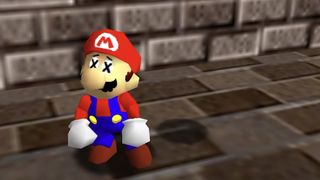"We freaked out about AI for a couple of weeks," Vallée Duhamel on how being scared pushed them forwards
The Canadian director duo talk tools, homeschooling and working for Apple.
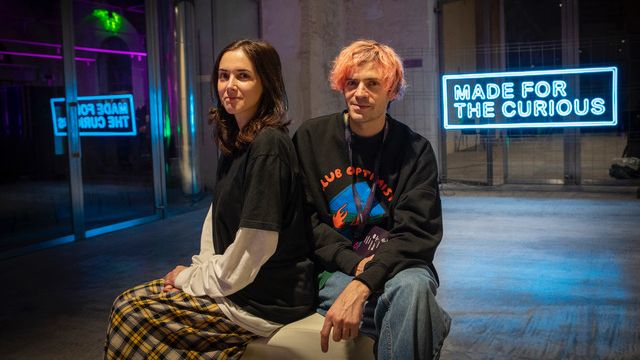
Vallée Duhamel is comprised of Canadian director duo Eve Duhamel and Julien Vallée. Over the past 18 or so years, they have created work for a roster of big name clients, including Apple, Google, Sony and Samsung and spoken at a range of creative events around the globe. But their success hasn't gone to their heads; I met them recently at OFFF Barcelona and found them to be two of the friendliest and most down-to-earth creatives I've ever interviewed.
My conversation with Vallée Duhamel spanned whether there's room in their creative process for logic, why they "freaked out" about AI initially, and what it's like creating films for products you aren't allowed to see (hello, Apple).
You've said previously you like to view your surroundings as a giant playground, are there any situations where that wouldn't be appropriate?
Julien Vallée: I don't see where things are not meant to be seen in different perspectives… I guess everything is kind of up for grabs, and I think it's fine to have a different vision or perspective. Human life can be seen through different angles and perspectives.
Eve Duhamel: It's more like sometimes with the daily grind you forget it. We want to try to remind ourselves all the time. We change stuff, like when we homeschooled the kids to travel around the world. Or like now I'm doing my Master's in art history and after we don't know what we're gonna be. I think we're really fearful of knowing what we're going to be in five years so I think it comes naturally to us to keep changing.
Are you homeschooling your kids now?
ED: Not now because they entered high school. For us it was cool in elementary school to travel and do a lot of stuff. And also learn that learning is not about sitting in school all the time. But high school and being in your new tribe is important.
JV: We brought them on jobs and on set with us for a year. It was really interesting. It's important that they see life through the perspective of what's after school.
ED: Especially now with the rapid advancements in AI and other technologies. Living in the adult world and navigating the constant evolution of workflows across various industries shows that parts of the traditional education program are obsolete. We can all agree that the jobs of the future likely don’t exist yet, and schools must adapt to prepare students for these emerging roles. Education needs to shift from a rigid, outdated curriculum to one that fosters creativity, adaptability and critical thinking.
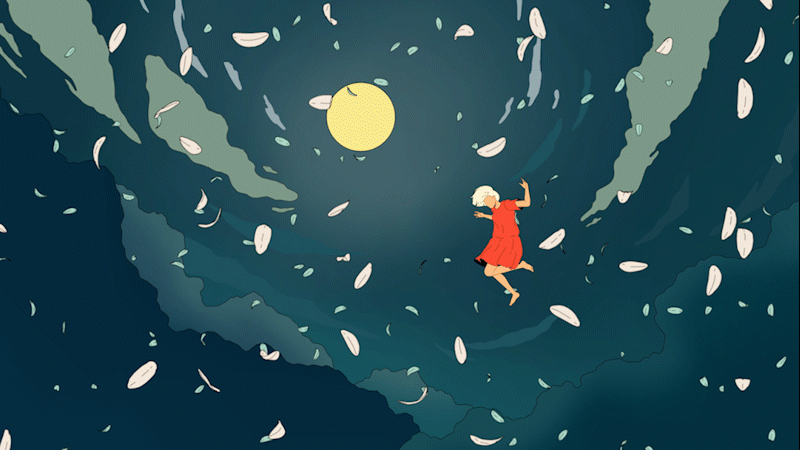
Is there any room in your process for logic?
JV: We’ve been focusing a lot on directing commercials, music videos or art pieces. So we have to work with a team. And so you can't just change everything whenever you want to, there has to be some sort of process.
ED: When we're brainstorming it's really all over the place. But then when we decide something, it's all about logic and focus.
JV: The process of brainstorming is really slow. As things move on, and as the date of when you have to decide approaches it goes really exponential... I think we're better with pressure.
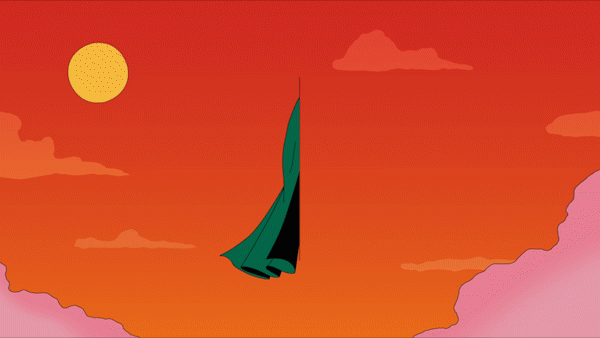
What's your ideation process like?
JV: Obviously every project is different, but we start with image sourcing, just to see what's on the topic, what has been done on this stuff, what is the most interesting, where can we avoid failing… In the last couple of months, we've been bringing AI tools into the brainstorm, which is super interesting. I think that's probably the biggest change that’s happened in the last year.
ED: We do our thing separately and then after that we try to slim down the ideas, there’s a selection process. And we often don’t come up with the same thing at the beginning. Julien is more technical and story driven, I’m into the set design and the visuals.
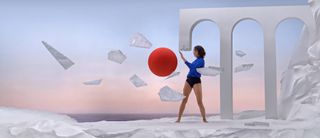
How did you end up being commissioned by Apple?
JV: We’ve done a couple of things for Apple. We did a commercial for the iPad, back when they had the buttons. And then they came to us at some point, they were like, ‘we have this giant screen in a couple of Apple Stores, we're commissioning some art pieces.’ They just reached out. I don't know exactly. I guess we're in their bank of artists.
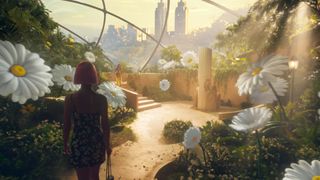
What was it like working with them?
ED: It's good. At the beginning they really let us explore our ideas.. When you get on set it’s really kind of crazy. You have to lock your phone and put a cover on the lens of your phone so you don’t film. If you take it off the security guards are gonna see.
Everybody has a different colour bracelet. And if you have for example, a blue bracelet you can’t look at this part of the set because there's a product involved, so there's a lot of black curtains to separate the studios.
JV: That’s for the commercial part.
ED: I imagine it’s because it’s for products that are not out yet so it’s important than nobody sees them.
Can you tell me about a challenge you've had recently and how you approached it?
JV: So last year in May, we were in Croatia for another festival. It was an eclectic festival because like there was us and another Japanese guy talking more about design and the others were more about like security, AI-driven stuff. I really freaked out, it was the first time that we were really exposed to how deep the systems are going to be…
ED: There were guys that, for example, had been working at Microsoft for three years. They really had knowledge and an understanding of what's going to happen tomorrow.
JV: Edward Snowden was giving a talk remotely. I personally freaked out for a couple of weeks. Like a lot of people I think. And then I guess at some point, we were like, ‘okay, it's either we just live in fear, or we start to learn the tools and see how they can help us’. And so, we tackled this project last fall, where we started to learn various models like Runway and Stable Diffusion and to make a short piece together that's called Afterlight. And it just made us realise that we can do way more than we could have done on our own and also do some stuff that we imagined we would want to do but nobody funded.
ED: We can do personal projects now that we couldn’t have done before because production would’ve been too high… Also what’s interesting is to partner with some of these companies like Runway. As part of their Creative Partner Program we get to test new updates before they goes public, and provide feedback directly to the company so that we can highlight what works for us and what could be better.
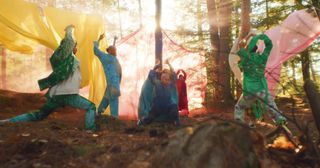
Can you give me an example of something AI has helped you with?
JV: We had a scene in this piece in particular where we wanted somebody to dance on top of the car in the middle of the ocean. We created the visual with Midjourney and then just filmed ourselves using a phone at the studio in front of a white wall. When we passed it through Runway, we were able to stylise the whole scene without worrying about poor VFX composition. Creating a scene like that would have cost a few thousand dollars. Plus the idea would probably been killed beforehand because of the complexity of bringing a car into water.
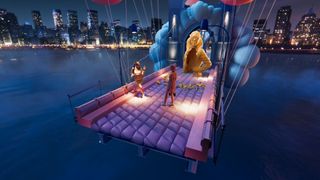
What do you like about OFFF?
JV: I don't know if there's something about the crowd but the people are all so absorbed by it, it's really different to more corporate events.
ED: I think one thing that’s different is that normally ticket prices are super-high and so the audience is just mostly agencies or studios that can afford those prices. And we like those kind of events but they are completely different to when people are coming from all over to really be inspired.
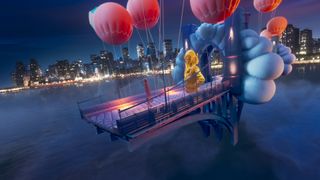
Do you ever disagree about projects?
JV: We have two creative brains, two creative visions sometimes. Sometimes it’s like we’re perfectly aligned sometimes not. We find some balance where it doesnt’ really matter anymore.
ED: Even if we clash at the beginning then we really align ourselves after.
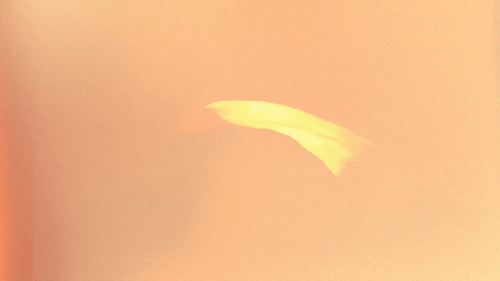
What advice would you give someone who wants to start their own studio?
ED: At the beginning, you do a lot of stuff and develop techniques and different styles. But after, I think it's important to look at your portfolio from an outside perspective or ask other people for their opinion and just understand more about your personal creative voice amongst the noise of other creatives. And then you can push this if you want a client to come to you for this particular style.
JV: I think it's also about picking something that you're passionate about. We've been working for almost 18 years, and it goes really fast… It's really hard to break out of what people think your style is about. At some point you might be like ‘oh, that's not what I want to do anymore’. That’s why personal projects are so important to us. Every year, we look at the work we’ve done with commissioned projects and think, 'What do we want to do for the next two or three years? What’s our current interest?' Then, we create a personal project that’s more aligned with that vision. This approach helps us attract commissions that resonate more with our evolving interests.
What career advice would you give your younger self?
JV: On a very personal level I've always been anxious of ‘okay, after this project, what's next?’ We’ve been freelancing for almost 20 years now, and sometimes you're super busy and you're expecting at some point to have some rest. When this moment comes, just enjoy it, recalibrate, because sometimes in the midst of all these crazy deadlines and projects, you tend to forget that it's nice to get some downtime. So I would say don’t be so anxious about the downtime.
ED: As a woman in this industry, I would say, believe in yourself. Often, you’ll find yourself on sets where women are significantly underrepresented, sometimes just two women in a sea of men. It can feel very masculine and intimidating, but it’s important to have confidence in your abilities and trust your own voice.
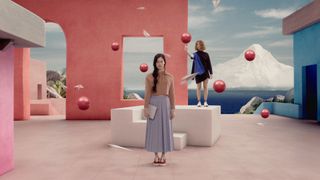
What do you think we can do to change the number of women in the industry and make it more equal?
ED: I think we need to actively hire more women and create supportive environments for them. It’s a cycle because if we don’t give women more opportunities, then they won’t get the confidence and the experience to get better. Many talented women leave the industry because they find it too challenging to progress in such a male-dominated space. We need to ensure that women feel valued and supported, providing inclusive workplaces that encourage them to persevere.
Find out more about Vallée Duhamel. Tickets are now on sale for OFFF Barcelona 2025.
Get the Creative Bloq Newsletter
Daily design news, reviews, how-tos and more, as picked by the editors.

Thank you for reading 5 articles this month* Join now for unlimited access
Enjoy your first month for just £1 / $1 / €1
*Read 5 free articles per month without a subscription

Join now for unlimited access
Try first month for just £1 / $1 / €1
Rosie Hilder is Creative Bloq's Deputy Editor. After beginning her career in journalism in Argentina – where she worked as Deputy Editor of Time Out Buenos Aires – she moved back to the UK and joined Future Plc in 2016. Since then, she's worked as Operations Editor on magazines including Computer Arts, 3D World and Paint & Draw and Mac|Life. In 2018, she joined Creative Bloq, where she now assists with the daily management of the site, including growing the site's reach, getting involved in events, such as judging the Brand Impact Awards, and helping make sure our content serves the reader as best it can.
Related articles
-
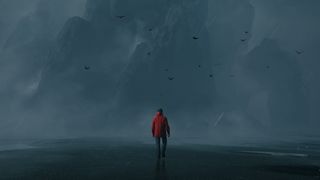
-

-

-
